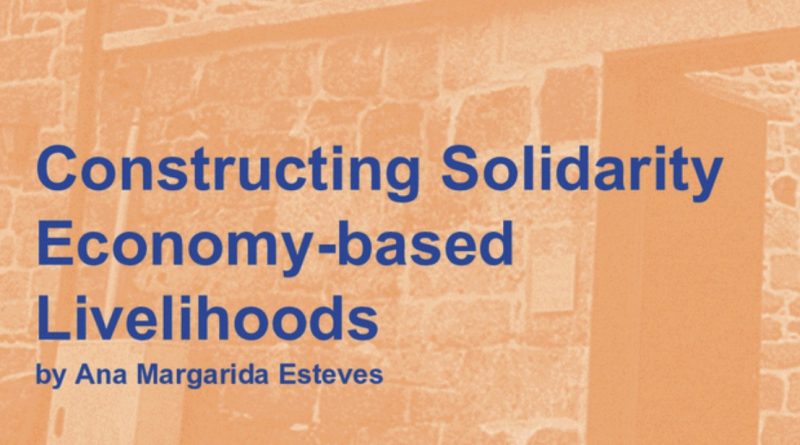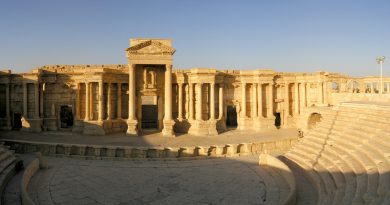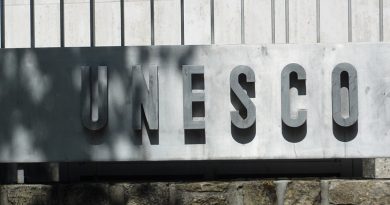Constructing Solidarity Economy-based Livelihoods
Museum International, the International Council of Museum’s academic peer-reviewed journal, has just published the article “Constructing Solidarity Economy-based Livelihoods“, authored by CEI-IUL researcher Ana Margarida Esteves.
The International Council of Museum is an NGO that maintains formal relations with UNESCO and works as a consulter for the UN’s Economic and Social Committee.
This article is a result of an invitation to collaborate in the special issue “The Museum Definition – the Backbone of Museums”, and it includes data and a theoretical analysis collected during Ana Margarida Esteves’ field work in the context of the Esperança/Cooesperança project in Brazil. The researcher has applied some of the conclusions to Portuguese case studies, while aslo referring to similar projects taking place in the United States.
About the article
This article expands the concept of museum beyond that of an institution that conserves a collection of objects of artistic, cultural, historical, ecological or scientific importance, making them available for public viewing through exhibits that may be permanent or temporary (Alexander and Alexander 2007).
Such conceptual expansion includes, in the concept of museum organisations which, besides fulfilling these functions, are places where economic practices are performed, culturally interpreted and promoted, in a way that supports their integration into a common livelihood. This includes not only institutions that self-identify as museums, but also community-managed urban and rural public spaces that combine the functions of a museum with those of a market space. These are social spaces where participating producers and consumers formally and informally build trust with specific practices of production, distribution and commercialisation. They may contribute to expanding the scope of counter-hegemonic practices of production, as well as the spaces within which they can reproduce themselves, by promoting contact and exchanges between their producers and consumers.
These spaces can be considered sites of what Escoffier (2018) calls ‘mobilizational citizenship’, as they are a spatially situated focus of construction and manifestation of relationships which promote, in addition to ‘market-based, politically oriented consumerism actions’ (Graziano and Forno 2012, p. 122), the development of productive communities that ‘create social power that constrains traditional business models’ and pressures them into some kind of adaptation to the expectations of stakeholders (Bauwens and Niaros 2017). That is the case of institutions that self-identify as museums, such as Ecomuseu de Barroso, a multi-sited ethnographic museum located in the villages of Montalegre and Boticas, in the North-Eastern Portuguese region of Trás-os-Montes. It is also the case of organisations and networks that, although not identifying as museums, end up having similar functions of preservation, display and education about natural and cultural resources. One example is Cooperativa Terra Chã, located in the central Portuguese region of Ribatejo in the village of Chãos, a municipality of Rio Maior.
Alexander, E.P. and Alexander, M. 2007. Museums in Motion: An Introduction to the History and Functions of Museums. New York: Rowman & Littlefield. Escoffier, E. 2018. ‘Mobilisational Citizenship: Sustainable Collective Action in Underprivileged Urban Chile’, in Citizenship Studies, Vol.22, No.7, pp.769-790. Graziano, P. R.; Forno, F. 2012. ‘Political Consumerism and New Forms of Political Participation: The Gruppi di Acquisto Solidale in Italy’. Annals of the American Academy of Political and Social Science, Vol.644, No.1, pp.121-133. doi: 10.1177/0002716212454839 Bauwens, M. and Niaros, V. 2017. [Online]. Changing Societies Through Urban Commons Transitions. P2P Foundation. Available at: http://commonstransition.org/wp-content/uploads/2017/12/Bauwens-Niaros-Urban-Commons-Transitions.pdf
![]() This work is licensed under a Creative Commons Attribution-NonCommercial-ShareAlike 4.0 International License.
This work is licensed under a Creative Commons Attribution-NonCommercial-ShareAlike 4.0 International License.




